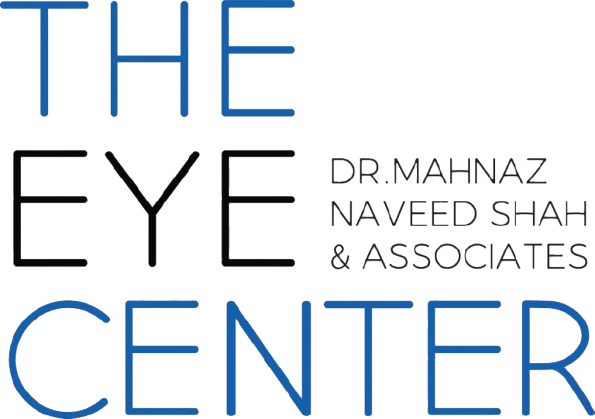Under the retina are yellow deposits called drusen. Lipids and proteins make up Drusen. Drusen probably do not lead to age-related macular degeneration (AMD). However, drusen can be a symptom of AMD and increase a person’s chance of developing it.
Drusen come in several forms. Small drusen may not cause vision problems for a long time, if at all.
Advanced AMD, which can cause visual loss, is more likely to occur in people with larger drusen.
Drusen develop throughout time spontaneously. The exact relationship between degenerative macular disease and drusen is not clear, however, having large drusen is a sign of AMD.
Also susceptible to drusen is the optic nerve. These drusen, which are typically found in both eyes, are composed of protein and calcium salts. Optic nerve drusen, also known as optic disc drusen, are not related to aging, may be hereditary, and often appear in children, in contrast to the drusen connected with AMD. Optic nerve drusen rarely affect vision, however some people who have them may experience side vision loss.
The majority of drusen sufferers are symptom-free. Often, they are accidentally discovered during a normal eye exam. A few little drusen are not a sign of an eye problem. However, a lot of bigger drusen are present is a symptom of dry age-related macular degeneration (AMD).The symptoms of AMD include hazy vision, difficulty seeing when going from bright light to low light, and a blank or blurry spot in your central vision.
Additionally, optic nerve drusen frequently go unnoticed. However, some individuals with optic nerve drusen report vision issues, including loss of peripheral (side) vision and temporary flickering or graying out of their vision.
Drusen are often related to aging and are most frequently observed in adults 60 years of age and older. Drusen and age-related macular degeneration are more common in Caucasians (white people). A large drusen is related to AMD. A family history of the disease, smoking, and race are risk factors for AMD. Obesity, high cholesterol (fat in the bloodstream), and high blood pressure are other risk factors.
White people and those with a family history of drusen are also more likely to acquire optic nerve drusen.
During a dilated eye exam, drusen are found. Your ophthalmologist will examine your eyes with an ophthalmoscope, a device that enables him or her to see the retina and other areas at the back of the eye, and dilate (widen) your pupils using dilating eyedrops. He or she can check to see if there are any drusen by doing this.
Your ophthalmologist may ask you to use an Amsler grid to check for macular degeneration symptoms including wavy, blurry, or dark areas in your vision if they find large drusen. Your ophthalmologist may request additional imaging tests to confirm the diagnosis if they believe you have optic nerve drusen.
The treatment of small drusen is not necessary. In order to ensure they do not grow into huge drusen, your ophthalmologist may want to monitor any minor drusen seen during a normal eye exam on a frequent basis.
Your ophthalmologist will provide the proper age-related macular degeneration (AMD) medication since larger drusen are an indication of AMD. Your AMD will not be improved by attempting to get rid of the drusen.
If you have optic nerve drusen and do not have any symptoms, you should be frequently checked. Optic nerve drusen cannot be treated. Treatment can be necessary in rare situations where choroidal neovascular membranes (new blood vessels sprouting under the retina) emerge.
At The Eye Center- Dr. Mahnaz Naveed Shah & Associates our team of eight ophthalmology subspecialists/ eye specialists, eye surgeons who are considered amongst the very best eye specialists in Karachi and in Pakistan, have the diagnostic and treatment capabilities to treat from the simplest to the most complex patients. We work hard to provide our patients with the best possible medical and surgical eye care, in a state of the art purpose built eye care facility. We offer the entire array of medical, laser and surgical treatments to help provide patients the best possible care in the most efficient, safe and ethical manner.
If you need an appointment, please contact us at 03041119544 during our working hours or leave us a WhatsApp message at +923028291799 and someone will connect with you. Walk-in appointments are also available for emergencies. We can also be reached through our web portal on www.surgicaleyecenter.org

